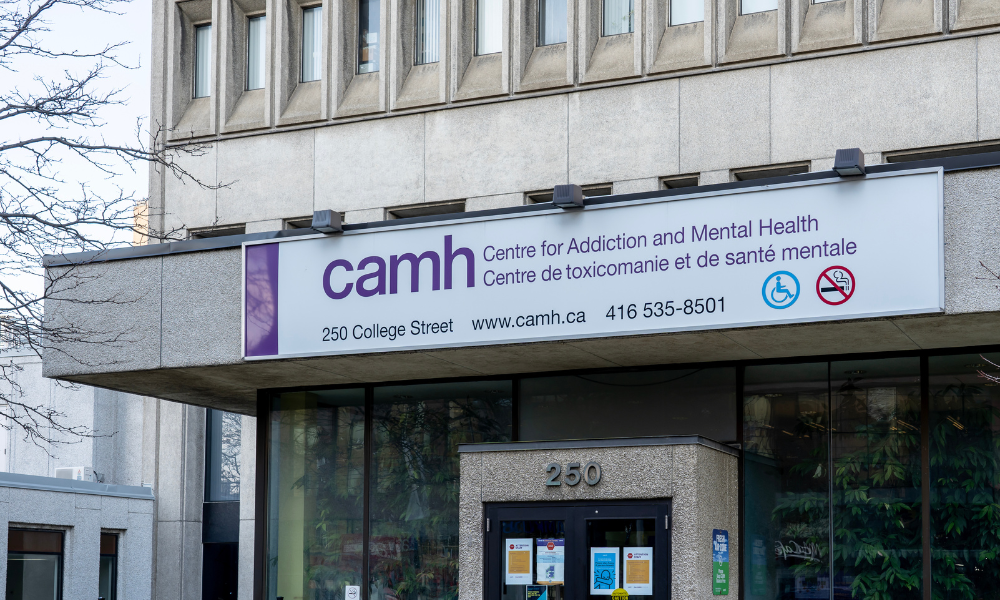‘While the general public sympathizes with health professionals, Canadians find the system much too bureaucratic’

Nearly nine in 10 (88 per cent) of Canadians agree that there's a need to improve the capacity of the health care system, be it through more beds, personal protective equipment, medical staff, or hospitals and clinics, according to an Ipsos poll carried out on behalf of the Montreal Economic Institute (MEI).
And this number jumps to 93 per cent among those aged 55 and up, according to the report.
Sixty-one per cent of Canadians and 75 per cent in Quebec believe that their health system is too bureaucratic to respond to the needs of the population. And fewer than one in four across the country disagree.
“Canadians realize that our health care system is constantly on the verge of being overwhelmed, and want there to be more capacity to deal with large volumes of patients. While the general public sympathizes with health professionals, Canadians find the system much too bureaucratic,” says Miguel Ouellette, director of operations and economist at the MEI. “That may be part of the reason why people are so open to the idea of allowing entrepreneurs to lend a hand.”
Recently, Quebec announced it would be spending $15 million on providing cultural safety training to healthcare workers so as to improve the provision of public services to Indigenous communities.
More than half (53 per cent) of Canadians think that the additional amounts of money injected into health care over the past decade have had no effect or that the system has actually gotten worse.
As a result, 63 per cent agree with entrepreneurs providing health care within the universal system, and 75 per cent of Quebecers are open to this option.
“Canadians are ready to try something new to improve health care access. They know that spending more and more money within the current system is not solving the problem. We need to make a real effort to improve the capacity of our system to adapt to increased patient numbers, and bureaucracy can't do it alone,” said Ouellette.
Nearly seven in ten Canadians (69 per cent) also want to continue to have access to telemedicine after the COVID-19 pandemic is over, based on the survey of 1,150 Canadian adults conducted from Oct. 26 to 28, 2020.
Earlier this month, the Ontario Medical Association (OMA) called for Ontario to address the backlog of surgeries and other medical procedures that are contributing to the growing “pandemic deficit” when it announces the provincial budget today.
“Ontario's doctors are there every day doing everything humanly possible to reduce the pandemic deficit, working with the government to return both our patients and the front line to full health,” said Dr. Samantha Hill, OMA president. “This pandemic deficit isn't going away even after a vaccine is available. Speed is of the essence. Every day of delayed care means more patient suffering and more potential harm. We trust Premier Ford and his government will step up to ensure every Ontarian gets the care they need.”
The province respondent by providing $15.2 billion, including $7.5 billion in new funding, for its urgent response to COVID-19 under its $45 billion, three-year Ontario's Action Plan: Protect, Support, Recover.
“Ontario doctors are also pleased that the government has committed to expanding Ontario's broadband network,” said O'Dette. “The next logical step is to make virtual care permanent – including care provided by telephone – which will both benefit patients and help reduce the pandemic backlog.”





